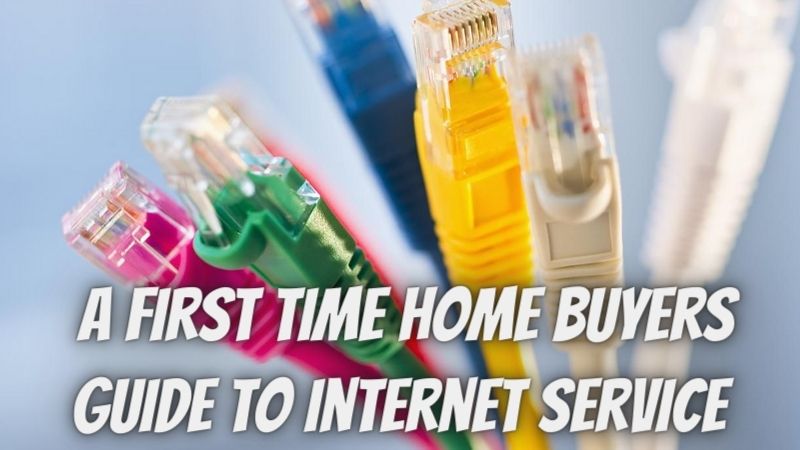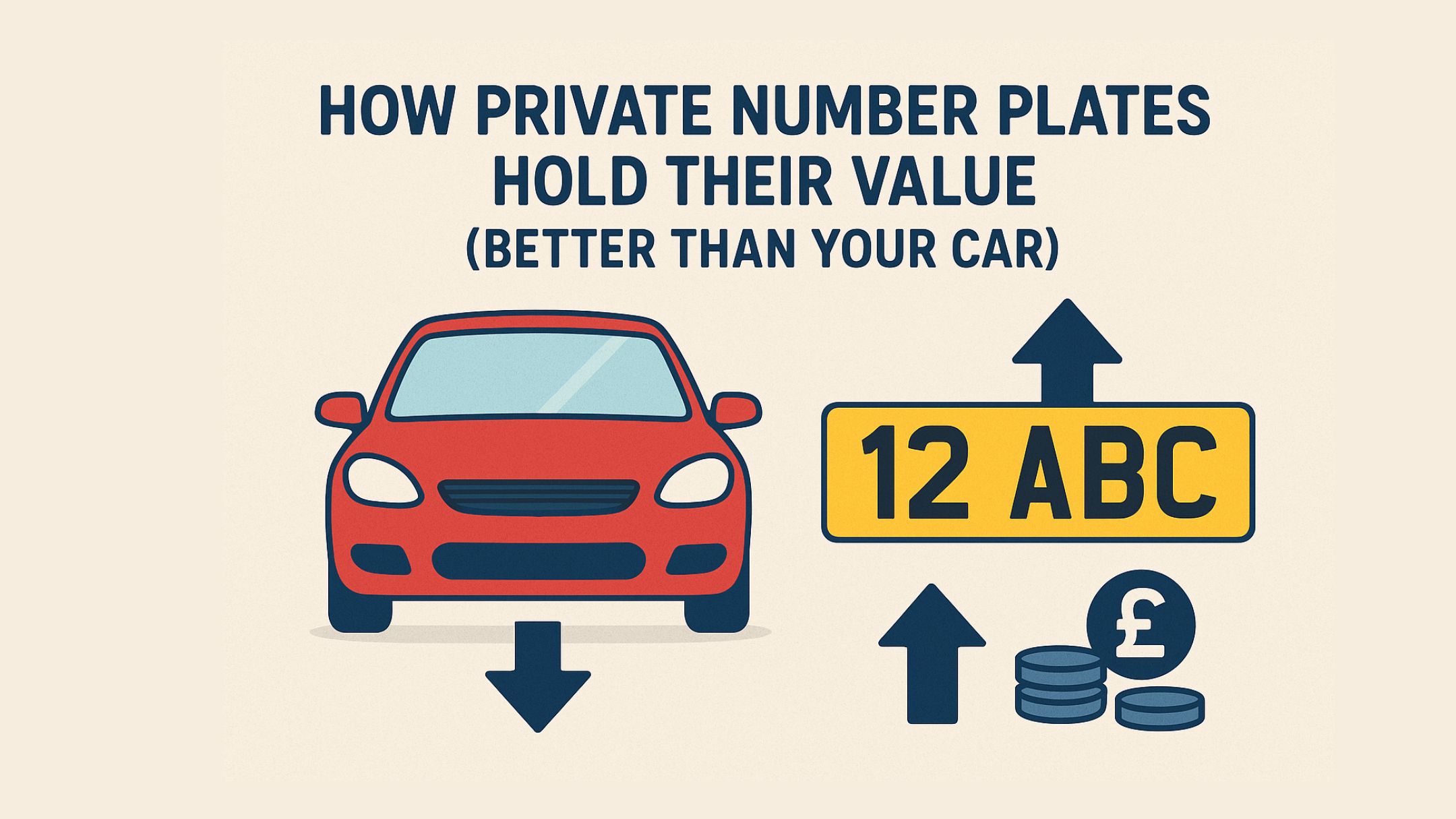Research indicates that consumers are generally unsatisfied with the process of selecting internet service for their new homes, and dissatisfaction is particularly prevalent among first-time home buyers. Internet service providers often make it difficult to understand the download and upload speeds you need, the speeds that you will actually get and how much you will truly have to pay. Further confusing matters are taxes, surcharges, equipment fees, contracts, data caps, installation and so forth.
Standard vs. Promotional Pricing
Prices advertised to new customers are generally promotional offers that are good for a set period of time—often 12 months. Once the promotional period has ended, your bill will go up to the standard rate. Plans on average go up about $30 after the promotional period, but $60 is not unheard of. Such offers frequently involve a contract period, such as 24 months. That means that after the promotional period ends, you are locked into 12 months of paying the standard higher rate for your Internet.
A common mistake consumers make is paying for more than they need due to a promotional offer. This is why the ISPs do it, and many people end up paying for more than is necessary even though they “save” up front. Appraise your needs, and target them regardless of any promotional offers.
Equipment Fees
Another way that ISPs profit is through equipment fees. You need a modem and a router, and your ISP will gladly rent these items to you for a monthly fee—usually about $10. That monthly fee does include some conveniences. If your equipment ever fails or needs to be upgraded, you can get a replacement at no cost. However, frugal consumers can save a significant amount of money by purchasing their own equipment. It costs more up front, but the investment generally pays for itself by the second year.
Installation Fees
The cost of professional installation can range from $50 to $150. Many ISPs will waive installation fees for new customers, but this often depends on where you live. If you live in a rural area where your ISP relies on subcontractors, then it is less likely that they will waive the fee. Most ISPs also offer a self-installation option, and self-installation is generally simple if the home has been previously serviced.
Contracts
Most internet service providers now offer month-to-month contracts like MetroNet and HughesNet. You may still come across one- and two-year agreements either as a requirement or an option. Extended contracts are not necessarily bad and may provide you savings. But they generally do come with early termination fees, so it is important to enter these agreements eyes wide open in order to avoid blowing up your internet budget.
Data Caps
Be aware of any data caps associated with your plan. While data caps are becoming less common for residential service, they are still prevalent. Know that the average American uses 400 GB each month, and that the majority of consumers with a data cap end the month far below it. Still, you should track your own usage if possible and note that overage charges often range from $10 to $50.
Download Speeds
Note the fine print with any plan you consider since the guaranteed speed is usually lower than the advertised speed. Broadband is 25 Mbps download minimum according to the FCC. However, the average household consuming Netflix and the like can easily use 100 Mbps or more.
Upload Speeds
Upload speeds are generally far less than download speeds but also far less important for the average user. The FCC indicates 3 Mbps upload as the minimum. But if you often video conference or upload large files, you will need more and should assess your usage requirements in greater detail.
Final Thoughts
Discover if your area has ISP options. Most areas in the U.S. currently do not, but if you are fortunate, you can use that competition to your advantage. In addition, if you pay on time and have reached your two-year mark as a client, you can continue to renegotiate your plan for a better deal.




